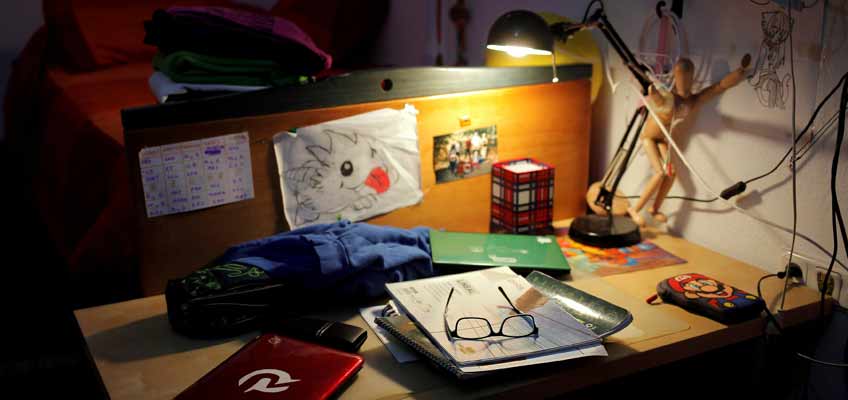“You need to work hard now and complete all of your mock papers, because the four-letter-word is approaching.”
A Primary 6 pupil would likely have heard this line reiterated by teachers and parents alike multiple times. How or why the term “four-letter-word” was coined to describe the PSLE has never been explicitly explicated to any of us, but it always manages to elicit a range of responses from students – from deep, tired sighs, to an exchange of knowing glances, to exasperated eye rolls.
But the message has always remained crystal clear: The PSLE matters.
The gravity of one’s PSLE results has constantly been stressed to the point where it is regarded as an unspeakable word of sorts, because the thought of not doing well is simply unbearable and better left unsaid. This is evidenced by the spike in teen suicides, where suicide prevention agency Samaritans of Singapore cited academic pressure as a common source of stress.
As in past years, the release of PSLE results has generated fervent and heated public debate, especially from netizens.
A new “movement” was introduced – that of working adults posting their less satisfactory PSLE scores on Facebook while sharing their success stories. Some notable ones include posts made by National University of Singapore Associate Professor Syed Khairudin Aljunied and Benjamin Kheng from local band The Sam Willows. The point that they were trying to make was that success can still be achieved, regardless of one’s academic record.
It is undeniable that those who do not score as well in the PSLE can move on to achieve great success in their lives, not just in terms of job standing, but also lead fulfilling lives that contribute back to society.
However, posting one’s PSLE scores online with the message that the three-digit number is insignificant and unimportant may be rather gratuitous. The truth of the matter is, one’s aggregate score is important, and it would be unwise to mislead ourselves otherwise.
While the current PSLE system may put “late-bloomers at a disadvantage” as mentioned by The Straits Times’ senior education correspondent Sandra Davie, it is the only national standardised testing that places a measurement on a student’s knowledge on the subject matter at hand, which will ultimately streamline him into a secondary school that is meant to best suit his abilities.
Hence, when a student does well for the PSLE and is admitted into the school that he believes will direct him towards his desired path, he gains an advantage in terms of opportunities and exposure provided. This then carves a smoother path to success with fewer fragments of rocky gravel.
It is fallacious and misleading to dismiss the idea that it is okay if you don’t do as well as expected in the PSLE. The hard truth is that the exam IS important, and while one’s success does not hinge entirely on the PSLE, we need to acknowledge that it does play a part in the success that he seeks, whatever it may be.
But to those who worked hard and obtained a score that fell short of your expectations, understand that you are not defined by your score. Your grades may be important, but what is even more vital is the kind of attitude that you choose to embody after this entire debacle.
Those who posted their success stories on Facebook? They didn’t succeed by cruising along once they received their PSLE results. They took a tumble, got up, dusted themselves off, and worked hard with an unquenchable fire in their eyes that thirsted for more. Because they knew what they were capable of, and what they could attain regardless of any digit that threatened to shackle and define them.
So, instead of reducing one’s entire success story by simply drawing a tenuous link between his PSLE score and current success in life, it would perhaps be more meaningful to emphasise on the tenacious effort and process that went behind these success stories.
Only when the raw, unabridged stories are shared can they truly, and completely, inspire.
a1admin@sph.com.sg








